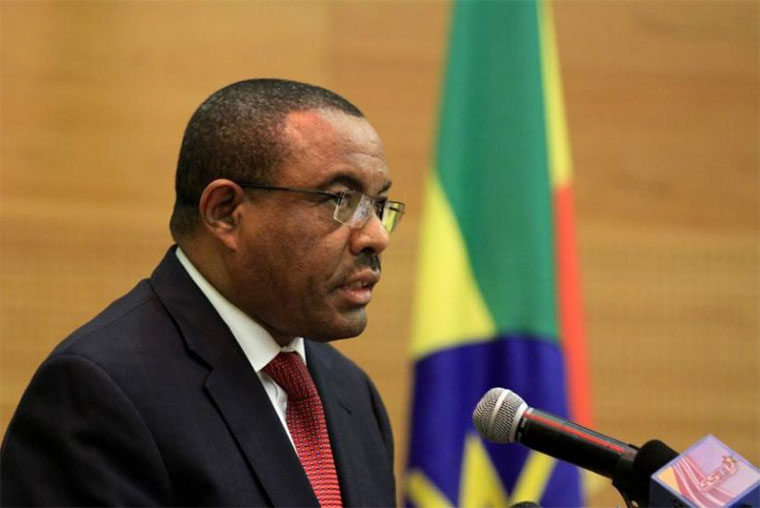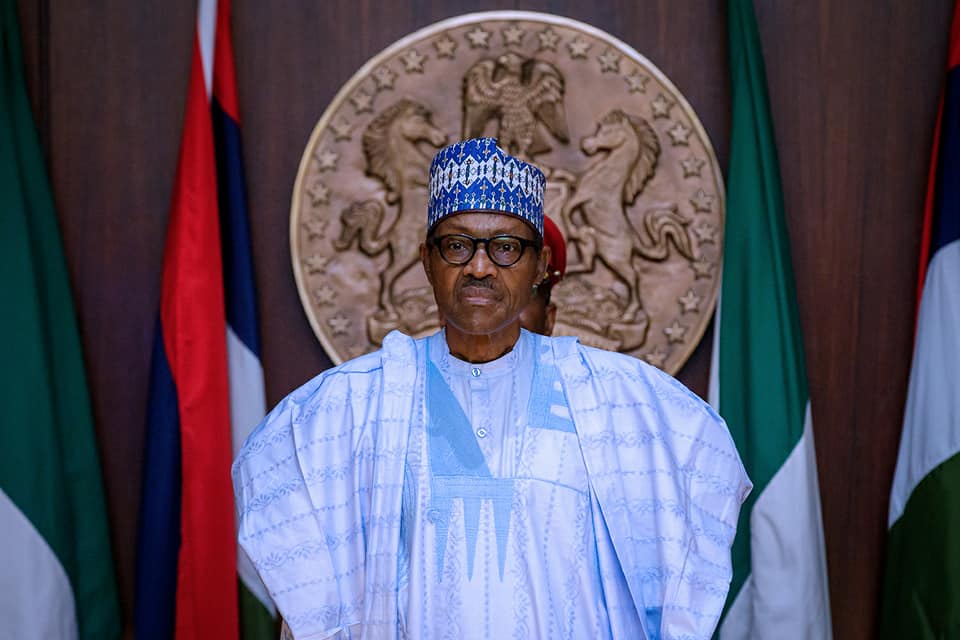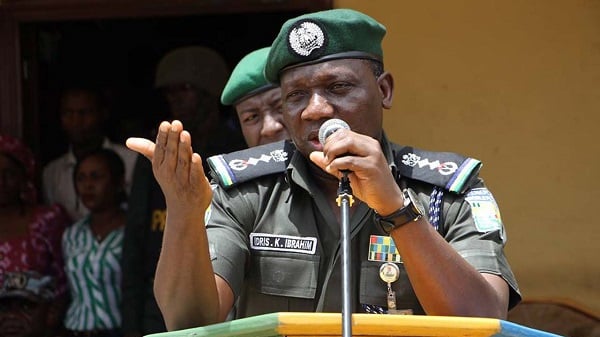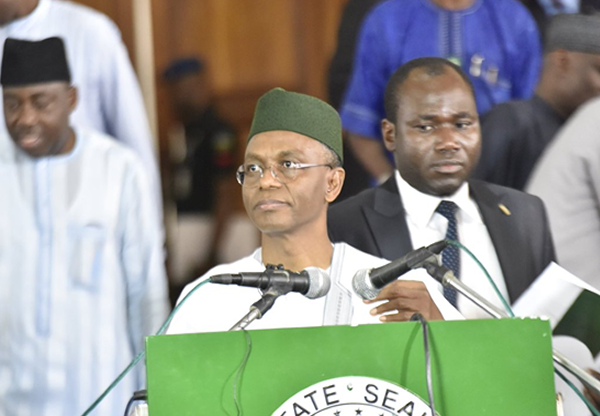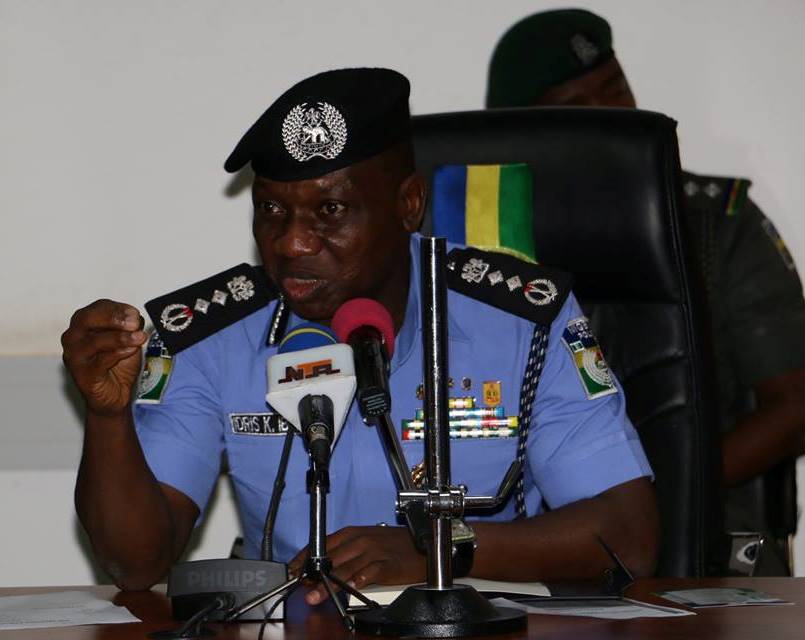After weeks of tortuous discussions to convince scandal-plagued Jacob Zuma to step down as head of state, South Africa’s great negotiator, Cyril Ramaphosa, has fulfilled his long-held ambition to lead the country.
Reuters reports that Ramaphosa, deputy president since 2014, has been the country’s dominant politician since he replaced Zuma as leader of the ruling African National Congress in December.
But he had to strike a fine balance between applying pressure on Zuma, a 75-year-old anti-apartheid veteran, and affording him a dignified exit.
Facing waning electoral support for his party, Ramaphosa needed to avoid alienating ANC members still loyal to Zuma despite the economic stagnation and sleaze allegations that tainted his nine years in power.
Advertisement
Ramaphosa, 65, used the same painstaking negotiating strategy he employed in talks to end white minority rule, when he negotiated on behalf of the ANC.
He ignored frustration from some sections of the media and opposition parties who have been howling for Zuma to go for years. Ramaphosa’s deal-making skills have been apparent for decades.
Nelson Mandela turned to the former trade union leader when he needed a tenacious negotiator to lead talks to end apartheid. The successful conclusion of those talks paved the way for Mandela to sweep to power in 1994 as head of the victorious ANC after South Africa’s first democratic vote.
Advertisement
Mandela wanted Ramaphosa to be his heir but was pressured into picking Thabo Mbeki by a group of ANC leaders who had fought apartheid from exile.
It has taken more than two decades for Ramaphosa to get another chance to run the country.
“Ramaphosa’s ambition for the presidency has been clear through his whole adult life. He was quite clearly wounded by his marginalisation in the Mbeki period,” said Anthony Butler, a politics professor who has written a biography of Ramaphosa.
Ramaphosa faces a major challenge in turning the country round. But his pledges to boost growth and fight corruption have gone down well with foreign investors and ANC members who thought Zuma’s handling of the economy could cost the party dearly in a parliamentary election next year.
Advertisement
Financial markets have seen a “Ramaphosa rally” since he defeated Zuma’s preferred successor and ex-wife Nkosazana Dlamini-Zuma in last year’s ANC leadership contest.
LABOUR LEADER
Unlike Zuma, Ramaphosa was not driven into exile for opposing apartheid, which some of the party’s more hardline members hold against him.
He fought the injustices of white minority rule from within South Africa, most prominently by defending the rights of black miners as leader of the National Union of Mineworkers.
A member of the relatively small Venda ethnic group, Ramaphosa was able to overcome divisions that sometimes constrain members of the larger Zulu and Xhosa groups.
A massive miners’ strike led by Ramaphosa’s NUM in 1987 taught business that “Cyril was a force to be reckoned with,” said Michael Spicer, a former executive at Anglo American.
Advertisement
Add a comment


